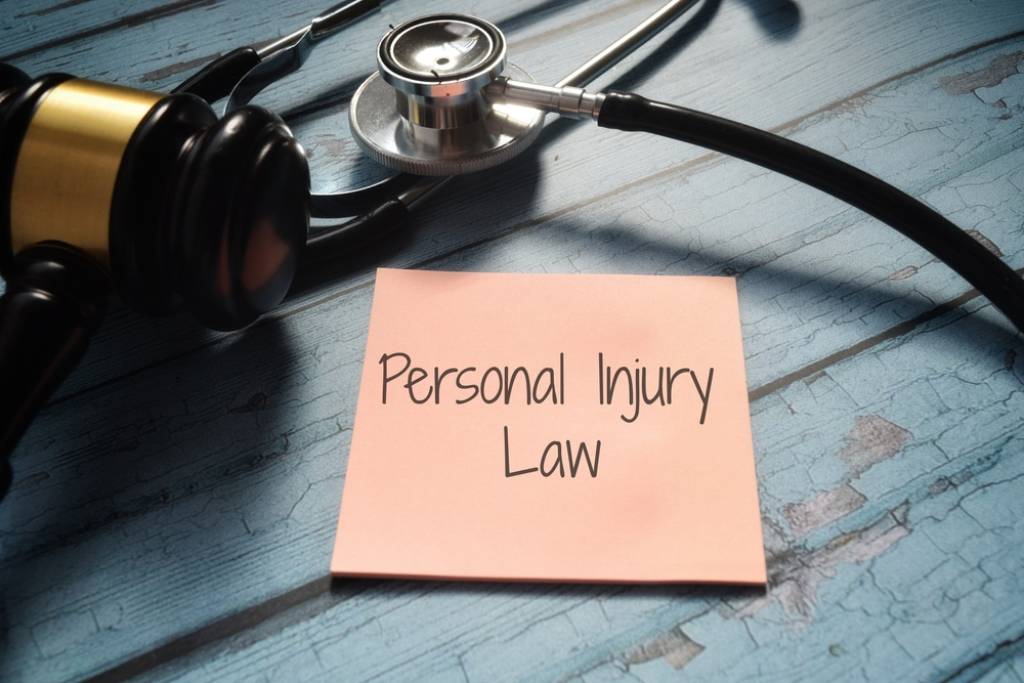
If you’re hurt in an accident, you might wonder if you have a “personal injury” case. But how do personal injury laws in New York work? And how much might your case be worth?
We understand how confusing – and daunting – this area of law can be. Below, our lawyers break down how New York injury laws work, and what to do if you think you have a claim.
A personal injury is a physical, mental, or emotional harm. They’re also known as “torts”.
In short, if someone else caused your injuries, you may be able to make a civil lawsuit known as a personal injury claim.
Types of personal injury claims include:
New York State personal injury laws are complex. However, here is a summary of the main steps involved in proving a personal injury claim.
Typically, you must prove four things to make your claim:
Let’s briefly break down these steps.
First, you must show that the defendant owed a “duty of care”. This is an obligation to behave in a certain way to prevent harm or minimize risk. Drivers, for example, owe each other a duty of care. And employers owe their staff a duty of care.
Next, you must show the defendant breached this duty and acted negligently or carelessly. Examples of breach of duty include:
Harm means that you have physical and/or emotional injuries after your accident. This stage is relatively easy to prove with medical evidence, or expert reports. For example, in a car crash, you can use pictures from the accident scene, and your injuries, to prove harm.
Finally, you must prove that:
So, you must show that the defendant did, in fact, cause you harm. But you must also show that the harm could reasonably be anticipated. For example, say you’re hurt in a car crash due to a distracted driver. You may have a claim.
If an injury is entirely unforeseeable, you may not have a claim. Even if the defendant did in fact injure you!

In New York personal injury law, it’s the victim’s responsibility to prove their case. They must show, on the “preponderance of the evidence”, that they deserve compensation.
What is “preponderance of the evidence”? It means that it’s more likely than not that the defendant is responsible for your injuries. It’s a lower bar than the criminal standard of “beyond reasonable doubt”. However, the onus is still on the victim to present enough evidence to win their case.
Sadly, it’s not uncommon for victims to die from their injuries. If a victim dies in an accident caused by someone else’s negligence, it may be a wrongful death.
Under NY law, certain individuals can bring a wrongful death claim within two years of the victim’s death.
Different time limits may apply depending on the cause of death. It’s best to seek legal advice quickly to discuss your options.
New York injury law exists to let victims claim compensation for their injuries. This compensation covers losses including:
It also covers losses that are harder to quantify, such as pain and suffering or emotional harm.
The processes involved can be complex, so you should always seek legal advice. However, the main steps are:
Your attorney can explain these steps in more detail as they relate to your case.
You only have so long to bring a personal injury claim in NY. Usually, you must file a lawsuit within three years of the accident date.
Different time limits may apply, depending on the case. For example, if the victim is under 18, the “clock” may not start running until they turn 18. And you may only have two-and-a-half years to bring a medical malpractice claim.
If you miss the deadline, you lose your right to claim.
Every personal injury claim in NY is unique. However, we can expect simple claims to be resolved within a few months. More complex claims could take a year or more depending on if there’s a trial.
New York personal injury laws can be complex. However, you can navigate the process with the right legal team on your side. That’s where RF Injury Law can help.
Our accident attorneys successfully represent accident victims across NY and NJ. We’re NYC personal injury lawyers with the experience and commitment to fight for justice. We help people just like you get the compensation they deserve. And we’re here to listen to what happened to you.
From filing a lawsuit to handling negotiations, we can help. Contact us now for a free consultation to discuss your case.











No Comments